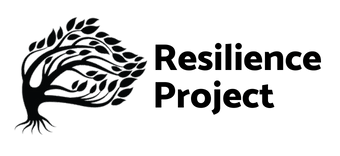Surviving the Future: Culture, Carnival and Capital in the Aftermath of the Market Economy
Surviving the Future by David Fleming and Shaun Chamberlin lays out a compelling and powerfully different new economics for a post-growth world. One that relies not on taut competitiveness and eternally increasing productivity—“putting the grim into reality”—but on the play, humor, conversation, and reciprocal obligations of a rich culture.









